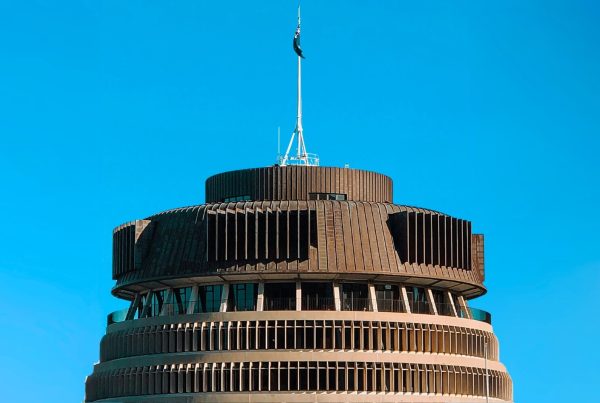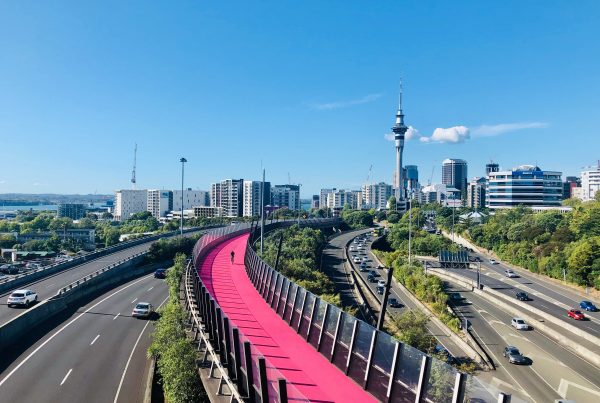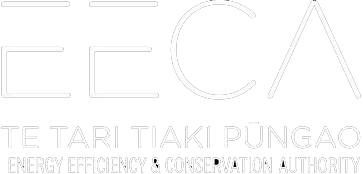Not-for-profit group Drive Electric has outlined five key priorities it is encouraging the new government to support as New Zealand moves towards an electric vehicle future.
Drive Electric chairman Mark Gilbert says the priorities help identify many of the changes that come with switching to EVs.
“Transitioning New Zealand’s fleet to electric vehicles won’t happen overnight, but the change is already underway with more than 5000 EVs on the road today,” Gilbert says.
“The country needs to be prepared for these changes, which involves investigating how to deal with issues that will disrupt the status quo.”
Some of the changes that need to take place include making sure both office buildings and people’s homes are safe for EV charging and ensuring there is sufficient public charging infrastructure to complement home charging.
Gilbert says New Zealand also needs to look at the bigger global picture.
“Many other countries like the UK and Japan have indicated they will reduce fossil fuel use by 2030. New Zealand needs to take a stance so the automotive industry can plan for the future, and consumers don’t get caught with vehicles that no longer comply.”
“It’s also important to note that electric vehicles aren’t just about cars, with many heavy vehicles going electric too. This requires infrastructure planning.”
“It would be helpful to have some guidelines for operators to work towards.” Electric bicycles (e-bikes) are another area that needs discussion, Gilbert says.
“The sale of this mode of transport is exponential, here and overseas, and this brings conversation around safety. While cycle-ways are being progressively introduced, they aren’t always segregated.
“This needs consideration, especially to encourage urban commuters to adopt e-bikes. There are different categories of e-bikes and given their proliferation, safety claims should be investigated, to ensure bikes going on New Zealand roads do meet appropriate standards.”
Gilbert says Drive Electric looks forward to the government providing more information on how it plans to push EV technology in the future. This should mesh with autonomous vehicles as well, as AVs aren’t that far away.
“As a country that’s a technology taker, we should be prepared. Our legislation on vehicles doesn’t prevent AVs from using our roads, so they will be here as soon as right-hand drive vehicles are available.”
“The UK government is investing heavily in this mode, so it stands to reason that right-hand drive vehicles will start their life in UK, or Japan, and very quickly find their way to New Zealand.”
Gilbert also notes the Government plans to make its vehicle fleet, where practicable, emissions-free by 2025/26, which is a great start, although almost 10 years away.
“Mercury Energy’s fleet is 70% plug-in electric vehicles now. Perhaps we can be more ambitious?” he says.
Drive Electric’s priorities are:
- Project‘Switch’, which encourages the government to offer companies Fringe Benefit Tax relief on new EVs for a period to accelerate EV uptake in corporate fleets.
- Home charging infrastructure–consider regulation or requirements around safety ratings for car chargers being installed in homes (eg. worksafe approval programme); checking the charging capability (Home WoF) to ensure future proofing of home charging options for customers.
- Encouragelocalgovernmentbodiestoinvestinandinstallpublic charging infrastructure – especially in areas where housing density means no garaging like inner-city Wellington and Ponsonby.
- Encourage all forms of public transport (train,busandferry) tobe electrified by 2040 at the latest. This could be linked to cleaner air targets and possible emissions incentives, and where necessary, penalties for high emitters, including the public fleet.
- Communicate that NZ will follow the strategy of major right-handdrive automobile markets, for example Japan and the UK, in reducing/stopping the sale of fossil fuel vehicles from 2030.
Contact: Drive Electric chairman Mark Gilbert: 021 972 244 or mark@driveelectric.org.nz
Editor’s notes: Drive Electric is a not-for-profit group that includes many electricity, financial services/car leasing and transport industry leaders on its board. It has several functions, including undertaking research about issues affecting electric vehicles, lobbying the government to continue setting ambitious targets for electric vehicle uptake and helping educate the public and corporate sector about the benefits of EVs. Its goal is to mainstream EVs and achieve more energy independence over time.




